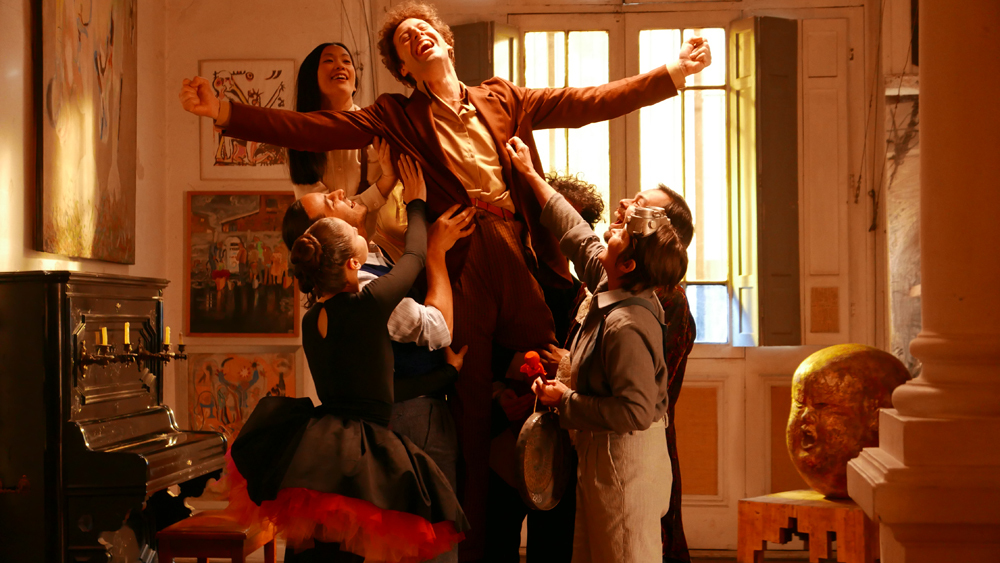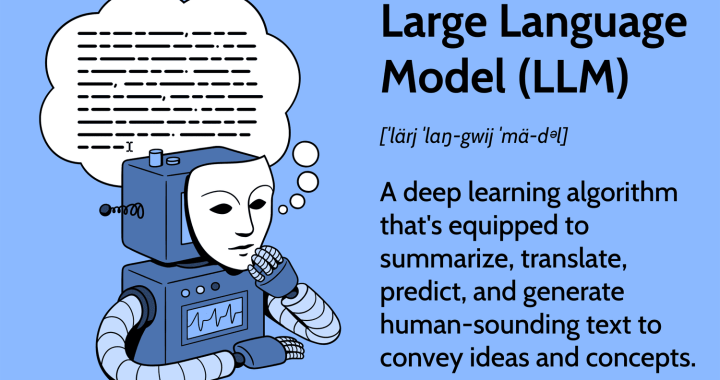(From Alejandro Jodorowsky’s master work Poesía sin fin, where a group of artists lift their friend up and cheer, “Poeta! Poeta! Poeta!”)
Today’s writing exercise is titled “Mood,” from Julia Cameron’s Right to Write. She asks that you enter a mood, and write in it for ten minutes — stop — then after five minutes write about the shift in mood, “a sort of field report on your process,” entering the writing zone. I will write a few lines on something I’m feeling this morning, and share it with you on this blog, as an exercise in what Cameron is trying to teach: that you don’t have to be “in the mood to write” in order to write. “The mood” to write is a luxury, like being in “the mood” to make love. In a long term relationship you know how to make it happen rain or shine, knowing that sometimes a simple caress leads to a change of heart: just as a first sentence can incite a few more. “All of us have a sex drive,” she writes. “All of us have a drive to write.” So let us write.
I love hearing good news over email. I’m inundated with spam, and it’s like popping blackheads trying to get rid of the many, small, zero-value messages that companies pay nothing to send me over the internet. The marketing is always the same watered-down foam, the meaninglessness level always at freezing. I swipe left and watch the red of my iPhone’s trash icon swallow them up, the promotions, the deals, the offers to enter a new contest, nom nom nom. A tamed inbox alone is enough to bring me peace. But the real kicker, what brings me joy, is to see an email directed to me as a person, not to me as a weary customer with a hot email address, but as a human recipient of a human message, pure giving, pure receiving, not a trade or a deal. I love when an message comes in and my name is up-top and spelled correctly, with a “Dear,” not a “Hi” or a “Hey” and a coughing exclamation mark. Tell me if I’m wrong, but you can tell when a human typed your name in an email, or when a robot did it, just as easily as you can read someone’s handwriting and know they spent the time to reach out. I love it when a friend writes to me from another country to spill the beans on their lives. I love it when someone sends me a video, or an article that they knew I would enjoy, with a one-liner and a smiley-face. I love it when a competition I have entered finally sends me a “Congratulations.” Last night I had a dream where I received a book-bound copy of my (yet-unpublished) novel The Summer Abroad by mail, and I was walking around showing it to everybody. Oddly, it wasn’t until I woke up that I realized the front cover looked something like Zorba the Greek: sea blue and white, like the Greek flag, but with zigzags. But whatever that symbolism means, I was ecstatic. I had received good news. This morning, the vision of my dream pushes me to keep going, to keep writing, to trust that one day my dream will come true, that the book I have spent years on awaits your eyes, your love, and will come to life, will come alive, and that there will be over-the-rainbow joy SOON, after this rain of waiting passes. It’s the good kind of exciting: that’s what I’m trying to say, and what I’m writing about, this “love” of expression and sharing and receiving.
(I have paused, played Space Disco Session 1 to shift moods to idle. Let’s see what happens.)
I went back and read what I wrote just now above. I don’t feel any different… maybe I didn’t exit “the victory mood” that a good email gives me, so I didn’t feel like I shifted moods or anything. I am stationary, grounded, unflying, if that’s a word. Let’s try a different mood, enter the opposite of what is up there in the sky.
I hate it when I share writing and there is no emotional response to the work. I put time, let alone sweat and tears and all the other clichés that people tell you — and it’s true writing has become just another commitment in my life like flossing or making the bed. I get up and I write. Nothing to it. No magic. No mushrooms. No tricks of the tail or enchantments of the conniving. I just do it. And so, at the end of the page, when I complete a work that has been asking for my attention — say my thesis, or a short letter — I fold the laptop and go on with my day. I enjoy the act of writing itself, so much that to close the Word window or to type THE END actually comes to me with a twist of sadness, of longing for when my palms were warm with the keyboard, like sipping the last dregs at the bottom of a coca cola can, knowing there was nothing left but that last bit of spit, but you put it to your mouth anyway, and blah blah, nasty nasty, empty. I feel so bad when I finish writing that when I share the work I expect praise and good vibes in return. Key word, “expect.” Low key, I can already hear your prepackaged advice about “not expecting.” I’ve heard it from the strangest of strangers, to the loveliest well-intentioned friends. But it sucks, it straight up sucks to express joy, but receive not that. I hate it when I share something that I have labored over and it isn’t met with undying love and affection. What’s a brother going to do? I almost want to type this: “I can’t make you like my piece,” but how much of that is true and how much of that is false? It’s true that I don’t own the audience’s heart, that I don’t control the free-will of the listeners — but then again what do we mean by the clichés “win them over,” “he stole their hearts” or “the three appeals of persuasive writing”? Do not entire libraries dedicate themselves to manipulating — I mean, swaying — audience members to your side? What the hell. I don’t want to control anybody. I don’t want my work to reach, stretch, go beyond itself. I want, in my ideal, “bullshit-to-you” world I am going to invent at this very moment, to write honestly and simply and have the audience respond to that sincerity and simplicity with an equally honest and level-headed praise. I put out; you praise. The work is completed; the world does the rest. Why isn’t it that simple? Maybe what I put out is trash, worthy only of your apathy. But my pride won’t let me accept that. Maybe, how about, what I write is “too deep” as is often spoken of things we don’t care to understand — and certainly, in this paragraph, I have given free reign to the lowest hanging fruit of my impulses and thus “lookee-here” a long and winding paragraph that turns people off — and so why continue driving down the path lit darkly of an agitated mind? (“What do I have to gain?” the asshole listeners ask themselves at readings; “When will he shut up?” I read in the minds of audience members; “When is it my turn to speak?”; “Is the refrigerator running?”; “What’s the point?” that last one being the worst: people who don’t believe that art can exist for itself, and so look to it for self-help or benefit…weep) Are you turned off? So many people are. And I have no idea why, and it upsets me to the gills to write something — like this very paragraph! — and have it go unnoticed or not appeal to you emotionally. Hmph. I could give examples of this happening, and give them deep in this paragraph, orchids in the middle of this Floridian everglade, nothing to say on a shallow level except “fuck you,” or “thank you,” but nah, no, that’s not right; let the “hate” mood and the bad vibes wither like the weeds that they are, in the closet of my own affected indifference.
(I’ve moved to to Space Disco Session 2, to mood switch gears back to idle. Let’s edit the above while I recover from my need for approval, a stupidity only joy can heal.)
Phew! What deep nonsense. I often wonder why people complain about public speakers who “waste my time,” when they themselves spend three hours a day planted in front of a Netflix account, or drooling themselves to a stupor before a video game about swords and potions. Why can’t someone get up on stage and ask for our attention outright? Why must we be silently commanded, subversively convinced? Why does an artist write what comes to her heart, only to feel offended when her outward expression of love isn’t reciprocated, not even scarcely acknowledged? Why can’t we take as an axiom that all acts of art emanate from one’s holy of holies? Why, if one does manage that Herculean feat, why is it sometimes met with the pesticide of all expression: apathy. The DADAIST met apathy with antipathy, and I get the sentiment. I certainly don’t want to waste anyone’s time; I’d like to give something of value. If you are reading this, then I assume you care. If you attend readings, then I assume you are seeking something, and that pure yearning to explore and to meet with something new, fresh, full of joy is a yearning to be respected, fulfilled — Gentlemen, let us not throw rotten meat at our audience members. Ladies, let us not yawn at the best friends who put themselves out there. Does this make sense? Does it, poeta? Tell me it makes sense. Tell me, poeta. Tell me. Tell… Tell………. t…… t……… ….. …… … … .. . . . .. … .. .. poeta… poeta… poeta…




